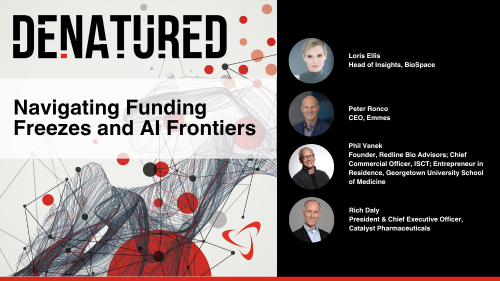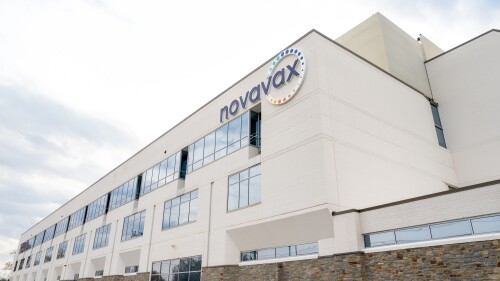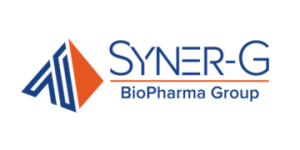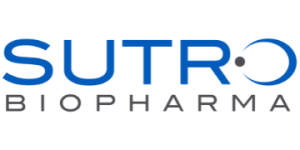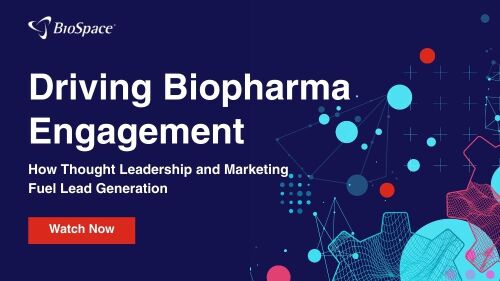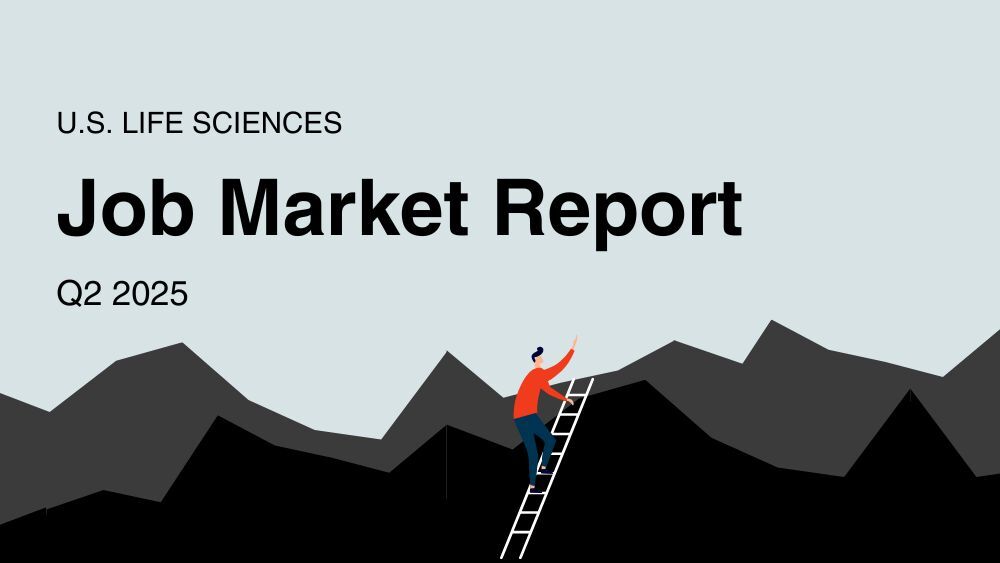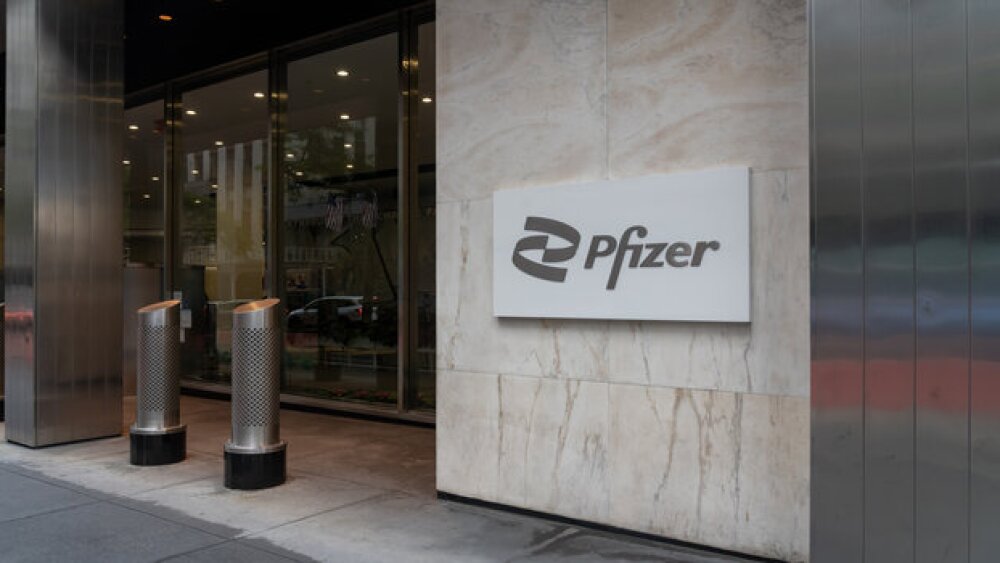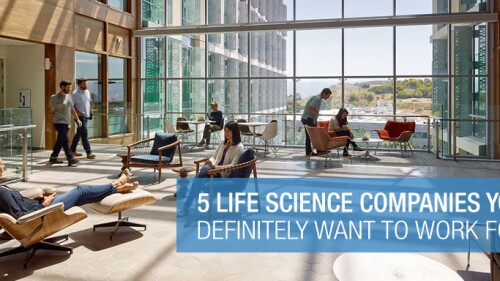California’s life sciences jobs led the nation last year, according to a new California Life Sciences (CLS) report. However, employment growth slowed and could continue slowing. CLS President and CEO Mike Guerra discusses the critical factors influencing California’s success.
In this episode of Denatured, BioSpace’s Head of Insights Lori Ellis discusses key themes from BIO and DIA, including the funding environment, with Rich Daly, CEO of Catalyst Pharmaceuticals, Peter Ronco, CEO of Emmes Corporation, and Phil Vanek, founder of Redline Bio Advisors.
The well-respected director of the FDA’s cell and gene therapy office was seen as a stabilizing and trustworthy voice inside the quickly reshaping FDA, especially since the late-March exit of CBER Director Peter Marks.
After the delayed approval of its next-generation COVID-19 vaccine, Novavax now awaits the first meeting of the recently overhauled CDC vaccine advisory committee next week. Throughout a tumultuous season, the Maryland-based company is relying on agility and a diverse pipeline to stay ahead of rapidly changing regulations.
Lenacapavir, to be marketed as Yeztugo, could “redefine the PReP market,” according to analysts.
In combination with Eli Lilly’s tirzepatide, marketed as Zepbound for obesity, Scholar Rock’s monolonal antibody helped patients lose the same amount of weight as patients on tirzepatide alone while preserving more muscle mass.
FEATURED STORIES
Crackdowns on drug pricing have forced one major insulin out of the market. Are more to come?
While these technologies are now a therapeutic reality, the ASGCT 2024 annual meeting this week was a reminder of just how far we are from widespread use.
At a Thursday ASGCT 2024 session, CBER Director Peter Marks made the case for a better, “more convergent” global framework on cell and gene therapies, especially for rare diseases.
Launched in 2021, the public-private consortium on Wednesday updated ASGCT attendees on its efforts to bring adeno-associated virus gene therapies to more rare disease patients.
A new BioSpace report finds that life science professionals are prioritizing diversity less when job hunting. Still, DEIB programs don’t appear to be going anywhere.
Amylyx’s recent decision to withdraw its ALS drug Relyvrio from the market highlights an important business decision for companies: when to continue marketing or investigating a drug that has failed a pivotal or confirmatory study.
LATEST PODCASTS
In this episode presented by PII, BioSpace’s head of insights discusses with guests Oliver Eden and Travis Webb how autoinjectors offer opportunities to improve delivery systems, patient compliance and clinical trial processes.
M&A headlined for a second straight week as Genmab acquired Merus for $8 billion; Pfizer strikes most-favored-nation deal with White House; CDER Director George Tidmarsh caused a stir with a now-deleted LinkedIn post; GSK CEO Emma Walmsley will step down from her role; and uniQure’s gene therapy offers new hope for patients with Huntington’s disease.
The FDA is hoping to repurpose GSK’s Wellcovorin for cerebral folate deficiency; Pfizer acquired fast-moving weight-loss startup Metsera for nearly $5 billion after suffering a hat trick of R&D failures; psychedelics are primed for M&A action and Eli Lilly may be next in line; RFK Jr.’s revamped CDC advisory committee met last week with confounding results; and Stealth secured its Barth approval.
Job Trends
Gilead Sciences, Inc. (Nasdaq: GILD) today announced that the company’s Board of Directors has declared an increase of 2.7% in the company’s quarterly cash dividend, beginning in the first quarter of 2024.
Subscribe to Genepool
Subscribe to BioSpace’s flagship publication including top headlines, special editions and life sciences’ most important breaking news
SPECIAL EDITIONS
In this deep dive, BioSpace explores the next big thing in obesity.
BioSpace did a deep dive into biopharma female executives who navigated difficult markets to lead their companies to high-value exits.
BioSpace data show biopharma professionals faced increased competition for fewer employment opportunities during the second quarter of 2025, with increased pressure from further layoffs.
DEALS
-
Sanofi will acquire diabetes leader Provention Bio for $25 per share for a total of $2.9 billion, the companies announced Monday.
-
Pfizer will acquire the Seattle-based antibody-drug conjugate leader in a $43 billion deal expected to close late in 2023 or early 2024.
-
The California Department of Financial Protection and Innovation shut down the Silicon Valley Bank Friday, a top financial institution for the life sciences industry, leaving biopharmas scrambling.
-
As life sciences companies feel the burn of the current economy, one Bay Area biotech, CODA Biotherapeutics, quietly shut its doors.
-
As the macro pressures of higher rates and fear of recession build, today’s investor is increasingly risk averse. With zero-risk options offering decent returns, only the highest-quality programs will get funding.
WEIGHT LOSS
-
While Pfizer’s oral GLP-1 candidate met its primary endpoint in a Phase IIb obesity trial, twice-daily dosing of danuglipron resulted in high rates of adverse events including nausea, vomiting and diarrhea.
-
Patients treated with Altimmune’s investigational GLP-1/glucagon dual receptor agonist saw up to 15.6% weight loss, and nearly a third of those taking the highest dose lost at least 20% of their body weight.
-
This week on The Weekly we talk struggles with GLP-1 drug shortages and what that might mean for Novo and Lilly competitors; Regeneron and Sanofi positive results for Dupixent in COPD. Plus, Merck buys Caraway, Beigene’s deal with Ensem, ups and downs for Flagship.
-
Using electronic health records, healthcare analytics firm Truveta contends that Eli Lilly’s Mounjaro (tirzepatide) could achieve stronger and faster weight loss than Novo Nordisk’s Ozempic (semaglutide).
-
To help cope with the high demand for weight-loss treatments, Eli Lilly is investing $2.5 billion in a German manufacturing facility after last week’s FDA approval of Zepbound for chronic weight management.
POLICY
-
The Federal Trade Commission has opened an investigation into Teva Pharmaceuticals after the company allegedly ignored directives to withdraw or amend contentious patent listings on the FDA’s Orange Book.
-
The U.S. Supreme Court on Friday overturned the long-standing Chevron doctrine, which required courts to defer to federal agencies and their interpretation of statutes, putting potential limits on the FDA’s regulatory decisions.
-
Daiichi Sankyo has secured a victory in its patent arbitration with Seagen, nabbing a $47 million award for attorneys’ fees and other costs, plus interest. However, a larger patent battle with Pfizer remains.
-
In a potential challenge to Pfizer’s Prevnar 20, Merck’s Capvaxive has been recommended by the Centers for Disease Control and Protection for use in preventing invasive pneumococcal disease in adults.
-
The U.S. Supreme Court on Friday overturned the long-standing Chevron doctrine, which required courts to defer to federal agencies and their interpretation of statutes, putting potential limits on the FDA’s regulatory decisions.
According to a recent BioSpace survey, 93% of respondents are open to a new job for the right opportunity. Are you one of the 93%? If so, keep your eyes open for those opportunities and don’t stop looking. You never know what may come your way!
We had the opportunity to meet with Arti Dumbrepatil, a postdoctoral fellow in the University of Michigan’s chemistry department. Arti explained her journey as an international student and how a postdoctoral fellowship can prepare you for a career as an independent scientist!
There is something of a recurring theme among the life science, healthcare and biopharma industries: shortage of skilled employees will lead to a decrease in innovation.
Is your dream job with a large organization or a small company? It’s common for life sciences professionals to have a preference one way or the other when considering employment opportunities.
Have you ever considered relocating for your career? If you have, you aren’t alone. According to a recent BioSpace Community Survey, 78% of life science professionals would be open to relocation for the right job opportunity.
To navigate each step along the way from an interview to a final offer, you should have a clear understanding of a timeline of events. These job search tips can help you with that.
HOTBEDS
REPORTS
In this Employment Outlook report, BioSpace explores current workforce sentiment, job activity trends and the prospective job and hiring outlook for 2025, particularly as it compares to the previous year.
BioSpace’s third report on diversity, equity, inclusion and belonging in life sciences examines dramatic shifts in attitude around diversity initiatives.
CANCER
-
Merck and Kelun-Biotech’s antibody-drug conjugate achieved a 22% objective response rate and 80.5% disease control rate in heavily pretreated patients with gastric or gastroesophageal junction cancer.
-
2024 began with several biopharma players posting positive Phase III data that could mean new market share for the companies and longer survival times and quality of life for patients.
-
Following disappointing Phase III results in less aggressive non-small cell lung cancer, AstraZeneca on Friday announced that Imfinzi improved progression-free and overall survival in patients with limited-stage small cell lung cancer.
-
Seeking a potential slice of the challenging KRAS market, Merck has launched a Phase III NSCLC trial of its oral G12C inhibitor MK-1084, in combination with Keytruda, in pursuit of Amgen and Bristol Myers Squibb.
-
Following clearer overall survival data from the PSMAfore trial, Novartis on Thursday affirmed plans to file for a prostate cancer label expansion for its targeted radioligand therapy Pluvicto later this year.
NEUROSCIENCE
-
After an FDA advisory committee unanimously recommended Leqembi’s full approval, questions linger around amyloid-related imaging abnormalities and a potentially cumbersome patient registry.
-
Neurologist David Weisman, with financial ties to the companies, was removed from the FDA’s upcoming advisory committee meeting slated to consider Leqembi’s traditional approval.
-
The FDA has three high-profile events this week, including one target action date and two advisory committee meetings—one to discuss potential traditional approval for Alzheimer’s drug Leqembi.
-
While donanemab showed impressive results in Phase III TRAILBLAZER-ALZ 2, concerns regarding its safety remain compared with Biogen’s and Eisai’s Leqembi.
-
The amyloid plaque targeting therapy met primary endpoint and all secondary endpoints, which Lilly will use in its submission to the FDA this quarter.
CELL AND GENE THERAPY
-
Rocket Pharmaceuticals’ strategic realignment initiative in July pulled funding from fanca-cel, which the biotech was developing for Fanconi anemia.
-
The centerpiece of the collaboration is the gene editor ABO-101, being developed for primary hyperoxaluria type 1, a rare disease that leads to severe kidney stones.
-
As industry leaders gather at the annual event in Phoenix, the cell and gene therapy space remains in a state of flux, with M&A activity and regulatory support signaling momentum while commercialization challenges continue to hinder broader investor interest.
-
Smarter design through targeted delivery and human-relevant testing can save the industry from costly safety failures.
-
Following up on previous, dimly received issuances, a new set of ideas published by the FDA to streamline regulatory pathways for cell and gene therapies ‘for small populations’ is receiving a warmer welcome—but experts warn it will take more to turn the tide for the fraught therapeutic space.





